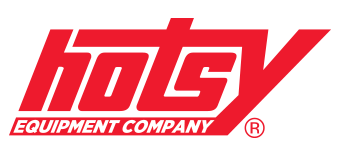Our cleaning equipment and accessories include cordless electrostatic sprayers, disinfecting products that are EPA approved to kill the coronavirus, hot and cold-water pressure washers and detergents. If you need assistance with protecting your workplace from the coronavirus, our expert solutions are only a click away.
#1 Hotsy Dealer in South Texas
For 40 years, we've been serving San Antonio & South Texas as the #1 sales & service provider of Hotsy industrial strength cleaning equipment.
Subscribe
Hotsy Equipment Company
San Antonio:
3005 Interstate Drive
San Antonio, Texas 78219
Laredo:
1202 Guadalupe Street
Laredo, Texas 78040
——
Mon-Fri: 8:00am-5:00pm
Sat-Sun: Closed
Hotsy Directions
Hotsy Latest Posts
 Electrostatic Disinfectant Sprayer FAQApril 22, 2021 - 8:23 pm
Electrostatic Disinfectant Sprayer FAQApril 22, 2021 - 8:23 pm 5 Signs Your Hotsy Pressure Washer Needs RepairApril 22, 2021 - 7:59 pm
5 Signs Your Hotsy Pressure Washer Needs RepairApril 22, 2021 - 7:59 pm

